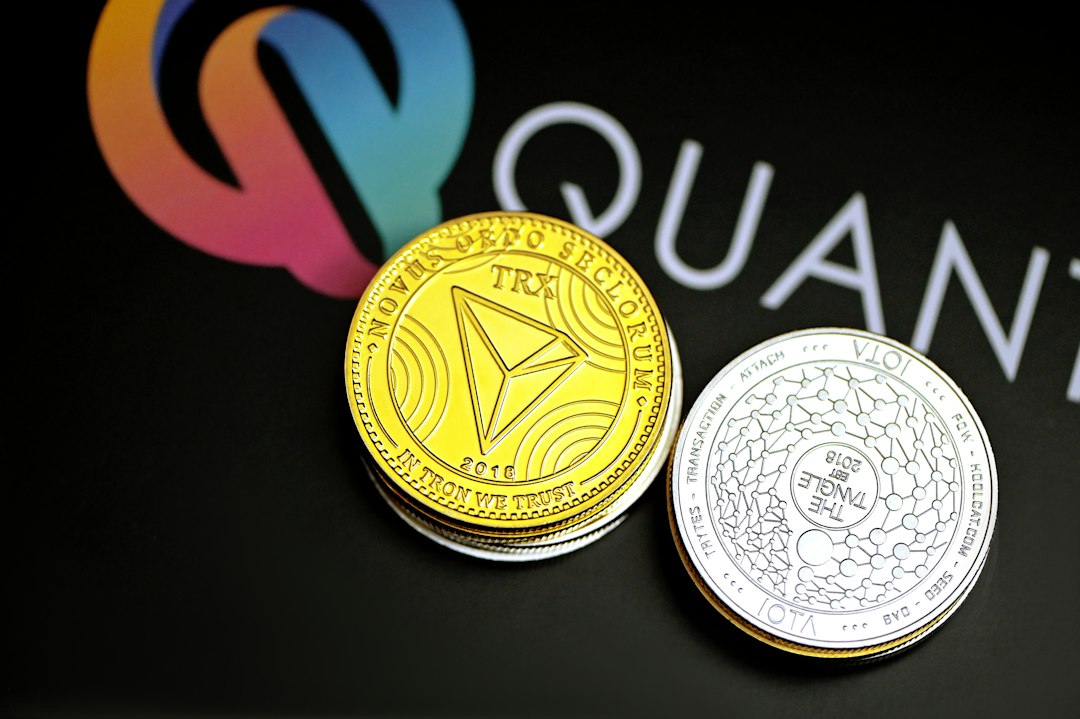The Bank of Russia Plans to Allow Foreign Banks Access to Digital Ruble
The Bank of Russia is developing a regulatory framework that will enable foreign banks to open accounts and access the digital ruble, Russia’s central bank digital currency (CBDC). Special accounts will be provided to foreign banks, and all their transactions will be tracked by the CBDC system. It is anticipated that foreign banks will be able to open digital ruble accounts on the Bank of Russia’s platform from 2025. The development of the CBDC project began in 2020 when the Bank of Russia published an analytical report on this new form of national currency. The introduction of the digital ruble aims to overcome current financial limitations and reduce reliance on Western financial networks, as praised by Russian President Vladimir Putin.
Interlinking Payment Systems with Other Countries
The first deputy governor of the Bank of Russia, Olga Skorobogatova, expressed hope for collaboration with China, India, and the UAE to interlink their payment systems. This would allow Russians to use the digital ruble for shopping abroad. However, it is important to note that introducing a CBDC is unlikely to significantly impact or improve Russia’s geopolitical situation. Officials have also acknowledged that conducting CBDC platform trials would require partnerships with “friendly” nations that possess technological capabilities, such as India and China.
Hot Take: Advancing Economic Interests with the Digital Ruble
By developing a regulatory framework to grant foreign banks access to the digital ruble, the Bank of Russia aims to enhance its economy and circumvent international sanctions. This move aligns with President Putin’s vision of reducing reliance on Western financial networks. While interlinking payment systems with other countries may facilitate international transactions using the digital ruble, it is important to recognize that geopolitical challenges cannot be solely addressed through the introduction of a CBDC. The success of the digital ruble will depend on strategic partnerships with technologically capable nations and careful implementation of the regulatory framework.





 By
By
 By
By
 By
By

 By
By